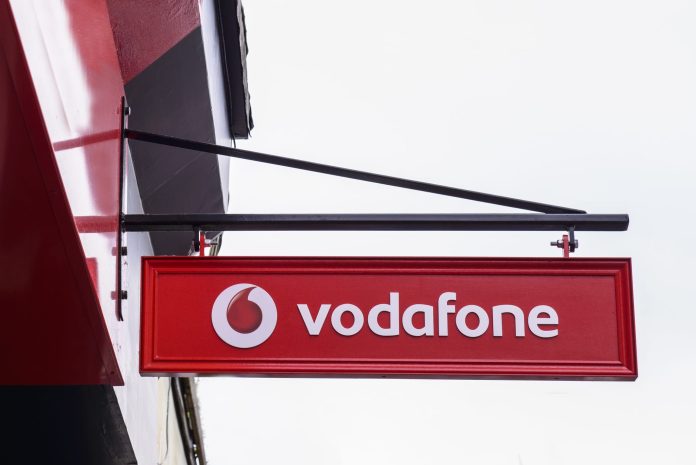The telco is implementing AI in collaboration with Ericsson and Huawei
Vodafone Spain, part of U.K. telecommunications group Vodafone, aims to implement artificial intelligence (AI) technology to improve the performance of its mobile network in Spain, local press reported.
AI technology from Ericsson and Huawei will be used to reduce incidents, improve fault management and boost user experience by ensuring the system automatically chooses the best frequency or node for each mobile connection, Vodafone said.
The operator highlighted that applying AI will allow it to determine the best antenna to which to connect users based on their traffic load, ultimately reducing connection times and improving data
The Spanish operator also has plans to launch the technology commercially during 2018 by embedding it within its base stations in Spain. The telco said it hopes the technology will help it prepare for exponential data growth.
Vodafone is also in process to trial artificial intelligence in Germany and Ireland with Huawei and Cisco respectively. The telco previously said it expects the commercial launch to take place during this year.
In Germany, Vodafone carried out a trial which involved a centralised self-organising network (C-SON) to identify the optimal conditions for voice over LTE to be delivered over a random selection 450 mobile cells.
In Ireland, the telco is working with Cisco in a trial using machine-learning algorithms in a C-SON to determine where 3G traffic will peak in the subsequent hour through monitoring data processing and pattern recognition.
“The program predicts future network traffic behaviour based on data processing and pattern recognition. The predictions enable the network to self-configure itself automatically to balance the traffic load among neighbouring cells and improve the customer experience. Initial results confirmed an average 6% improvement in the mobile download speed and lower interference at the cell sites,” said Santiago Tenorio, head of network strategy & architecture at Vodafone.
Last month, Spanish telco Telefonica said it has started using machine learning and artificial intelligence to improve the self-management of its network in Spain. with Juniper Networks to develop and implement its Self-Driving Network solution, which will enable self-configuration, self-monitoring and self-diagnosis. Telefonica is working with Juniper Networks to develop and implement its Self-Driving Network solution, which will enable self-configuration, self-monitoring and self-diagnosis.
Vendors are also focusing on the development of AI-based solutions for telecommunications firms. In September 2017, Chinese company ZTE released its artificial intelligence (AI) solution which will allow telecommunications operators build next generation automated networks.
With a unified platform, ZTE’s AI solution can provide diversified applications for cloud service, intelligent network, as well as chips and terminals. AI-based cloud service applications can provide voice and video services which are based on face recognition, human and vehicle identification, speech recognition and natural language processing (NLP) technologies.
ZTE also said AI-based intelligent network applications, which are based on precision algorithms, can provide intelligent network operation and maintenance (O&M) solution, intelligent network optimization solution, as well as intelligent network operation solution.

